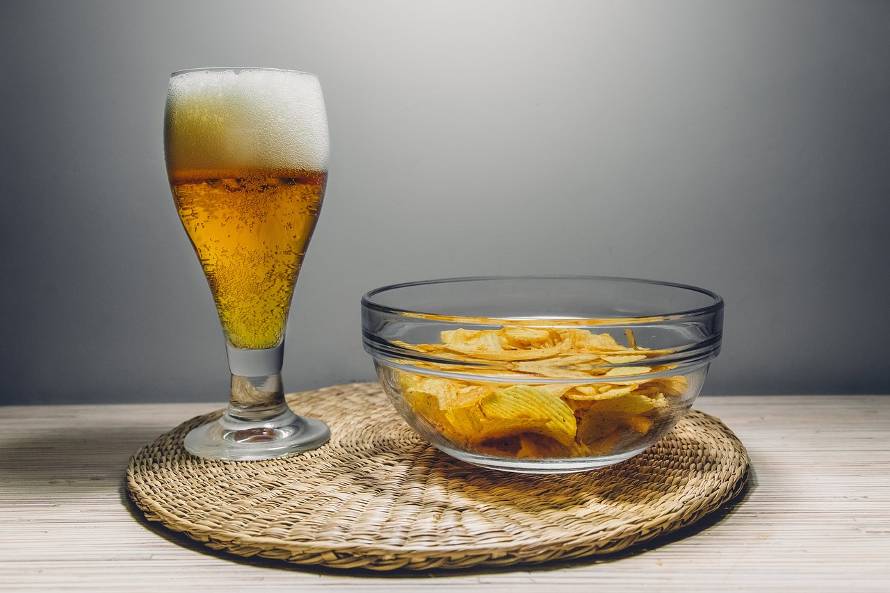Summary: New research presented at The Liver Meeting shows significant dietary and lifestyle differences among alcohol consumers based on their drink preferences. The study, published in Nutrients, found that beer-only drinkers consistently scored lowest on diet quality measures and physical activity levels compared to those who drink wine, liquor, or a combination.
Journal: Nutrients, November 13, 2024 | Reading time: 4 minutes
Understanding Drinking Habits and Health
As liver disease rates continue to rise in the United States, researchers are examining the complex relationship between alcohol choices and overall health habits. A new study of more than 1,900 U.S. adults who consume alcohol reveals striking differences in lifestyle patterns based on beverage preference.
“Alcohol overuse is the leading cause of cirrhosis in the U.S., and metabolic dysfunction-associated steatotic liver disease (MASLD) is rapidly increasing,” explains Madeline Novack, the study’s lead author. “Both types of liver disease often coexist, and lifestyle changes are key to managing and preventing these conditions, starting with understanding the link between alcohol use and poor nutrition.”
Measuring Diet Quality
The research team used the Healthy Eating Index, a standardized 100-point scale based on dietary guidelines, to evaluate participants’ eating habits. While none of the groups achieved the 80-point threshold considered adequate for a healthy diet, beer drinkers scored notably lower than other groups.
Beer-only drinkers, representing 38.9% of participants, scored just 49 points. In comparison, wine drinkers (21.8% of participants) scored 55 points, while both liquor-only drinkers (18.2%) and those who consume multiple types of alcohol (21%) scored nearly 53 points.
Context Matters
The study suggests that drinking context may play a crucial role in these dietary patterns. In the United States, beer consumption often occurs in settings where available foods tend to be low in fiber and high in carbohydrates and processed meats. Conversely, wine – particularly red wine – is frequently paired with more complete meals including meat, vegetables, and dairy.
These findings could have important implications for healthcare providers. The researchers suggest that physicians should inquire about the type of alcohol consumed to better guide discussions about healthy behaviors, particularly for beer-only drinkers who might benefit from increasing their fruit and vegetable intake and physical activity levels.
Glossary:
- Cirrhosis: Severe scarring of the liver caused by various forms of liver disease
- MASLD: Metabolic dysfunction-associated steatotic liver disease
- Healthy Eating Index: A standardized tool measuring diet quality based on dietary guidelines
- Dietary quality: A measure of how well someone’s diet meets nutritional guidelines
Quiz:
- What percentage of study participants were beer-only drinkers?
Answer: 38.9% - What was the Healthy Eating Index score for beer drinkers?
Answer: 49 points - What score is considered adequate on the Healthy Eating Index?
Answer: 80 points - What percentage of participants were wine-only drinkers?
Answer: 21.8%
Enjoy this story? Get our newsletter! https://scienceblog.substack.com/
If our reporting has informed or inspired you, please consider making a donation. Every contribution, no matter the size, empowers us to continue delivering accurate, engaging, and trustworthy science and medical news. Independent journalism requires time, effort, and resources—your support ensures we can keep uncovering the stories that matter most to you.
Join us in making knowledge accessible and impactful. Thank you for standing with us!

